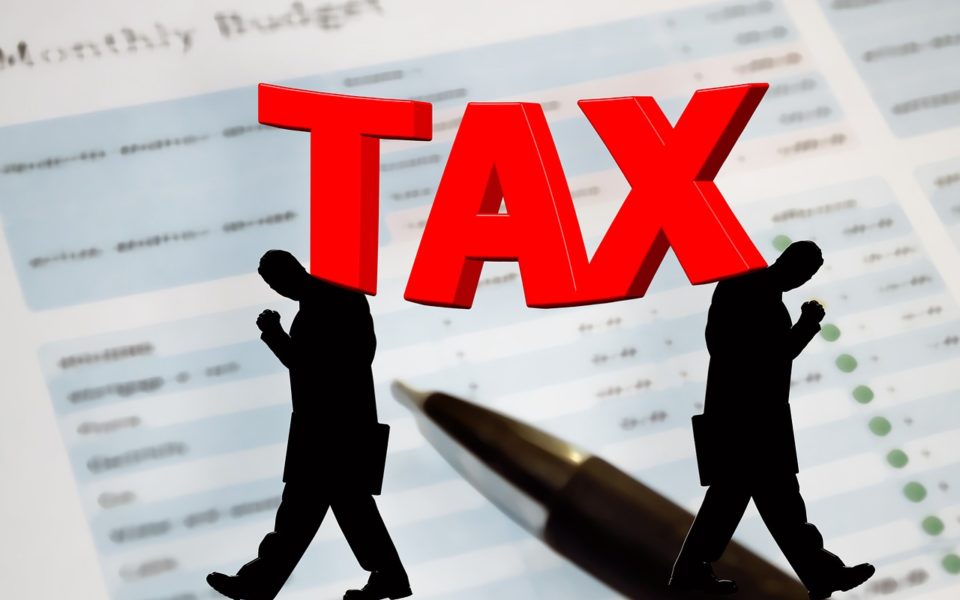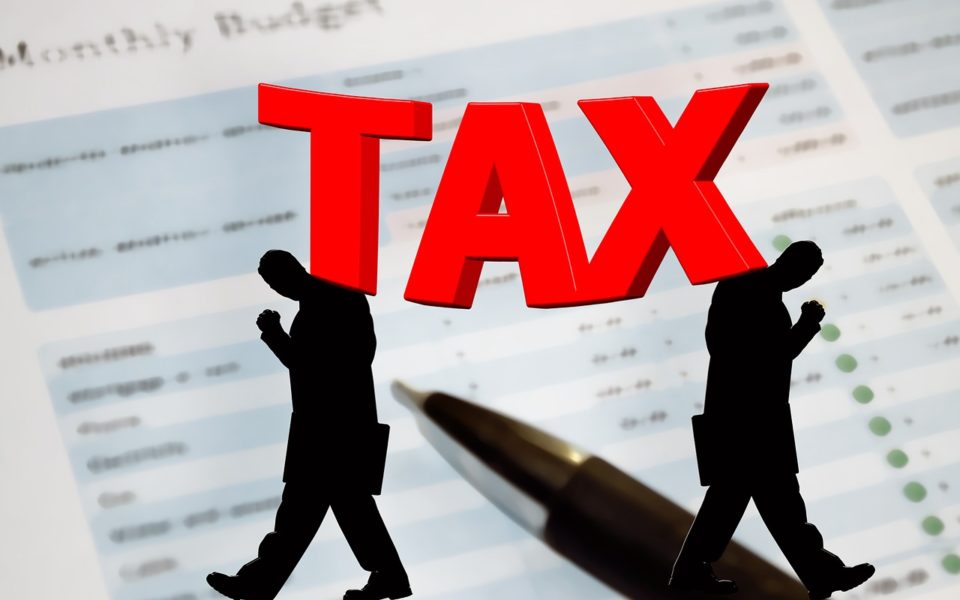Tax Planning / 10 posts found
Spring Statement 2022: Your summary of the key points
The Chancellor, Rishi Sunak, delivered his Spring Statement on 23 March. Faced with the task of creating a ‘strong economy’ for the UK, against the challenging background of high inflation, rising costs and the threat of conflict in Europe, he announced a raft of new measures. So, what was in the Spring Statement for your business? And how will these announcements, government measures and new initiatives affect the business landscape in the coming year? The challenge of creating a stronger UK economy As we head into the second quarter of 2022, your business is facing a demanding economic landscape. Inflation [...]
Reduce your corporation tax bill by offsetting pension contributions
If you’re looking for ways to minimise your corporation tax bill, it’s worth considering if there are deductible expenses you can claim. One key area to think about is your director pension contributions, as these can be offset against your taxable profits. Pension contributions for directors of up to £40K per annum can be deducted from your taxable profits. With a tax saving of 19% of your pension contribution, this could potentially save you £7,600 per company director – a nice helping hand if you’re aiming to cut your tax costs. How do I offset my pension contributions? Being able [...]
Capital Gains Tax liabilities
Capital Gains Tax (CGT) is defined by the Government as: "Capital Gains Tax is a tax on the profit when you sell (or ‘dispose of’) something (an ‘asset’) that’s increased in value. It’s the gain you make that’s taxed, not the amount of money you receive." So, you will pay CGT on an item such as a painting, but not on your house, provided that it is your primary residence. You are liable to pay CGT at certain times of the year. If you personally disposed of an asset that is subject to a CGT charge, at any time during [...]
Tax-free property and trading allowances
Since April 2017, you can earn £1,000 from a trading activity and £1,000 of property related income, without being liable to income tax. These tax-free allowances on property and trading income are useful as families can generate an extra £2,000 a year of income without increasing their tax bills. Obviously, these small amounts will not be a replacement for your day-job, but they do contribute to financing your monthly bills. What property income could this cover? You could rent out: your drive as a parking space if you live in an area where parking spaces are at a premium, [...]
Why does the UK tax year end 5th April?
A bit of history this week but with a practical outcome for 2019. Up to 1582, Europe used the Julian calendar introduced by the Romans in 45BC. Unfortunately, the Julian calendar differed from the solar calendar by 11 ½ minutes; after 500 years this small difference meant that the Julian calendar was 10 days off the solar calendar. To remedy this error, Pope Gregory introduced the Gregorian calendar in most of Europe under his influence, 1582. There was a notable exception, you guessed right, the British Empire. Sound familiar? The Brits stoically maintained their use of the [...]
Taxing dividends
To reduce National Insurance costs, shareholders of small privately owned companies, who are also working directors of the company, can presently restructure their remuneration package to reduce their salary and make up the difference as dividend payments. Unless this strategy is affected by the Budget at the end of this month, this remains one of the most useful ways for owner directors of small companies to reduce their overall tax and NIC costs. Dividends are not considered to be a business cost. They don’t reduce the amount of profit assessable to corporation tax. Rather, dividends are a distribution of profits [...]
Advance notice
Last week the Treasury issued draft clauses for the forthcoming Finance Bill (to be published after the Autumn Budget later this year). These will set the scene for tax matters 2019-20 and beyond. The aim of the advance notice is to give interested parties a chance to comment on the contents before government starts the formal process of processing the legislation through Parliament. The draft clauses include numerous technical changes to legislation that are outside the scope of this article, but a cross-section of the more “interesting” disclosures are set out below: Technical changes to various benefit [...]
Unmarried couples to qualify for spousal tax breaks?
In a landmark decision, the Supreme Court has ruled that discriminating on the basis of sexual orientation, or a decision to live together rather than marry, is a breach of human rights. Presently, couples need to be in a formal civil partnership or married to be able to claim the raft of tax benefits available. These advantages include: Transfers of chargeable assets between civil partners and married couples is free of capital gains tax and inheritance tax. In appropriate circumstances spare personal allowances can be transferred from one partner to the other. In the case taken to [...]
Tax Planning
I don't expect Jimmy Carr saw the funny side when Prime Minister David Cameron denounced as immoral his use of a tax avoidance scheme that reportedly cut his tax bill to just 1%. He wasn't breaking the law and his use of the "K2" scheme had been fully disclosed to HMRC. But the tide of moral indignation swamped the cheeky chappy and forced him to admit a "terrible error of judgement." The scheme had been recommended by his financial advisor and that got me thinking about our role in advising clients on the best ways to manage their tax affairs. [...]









